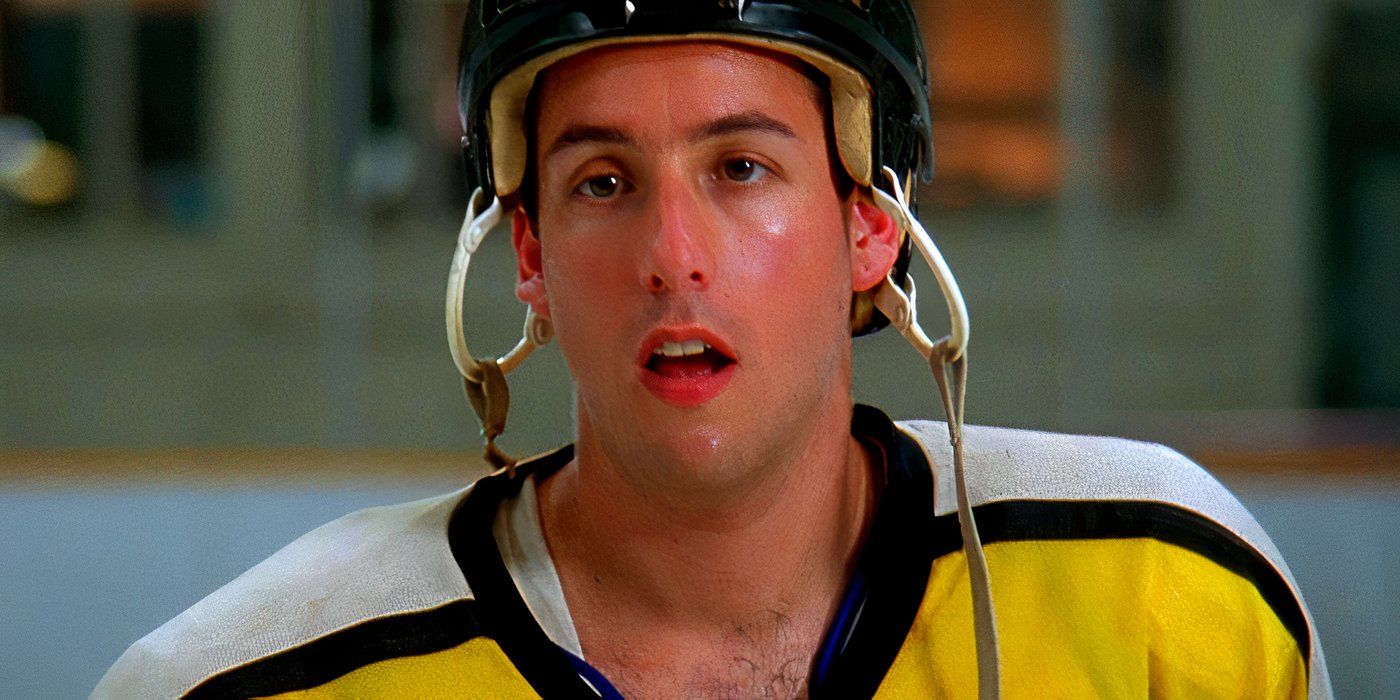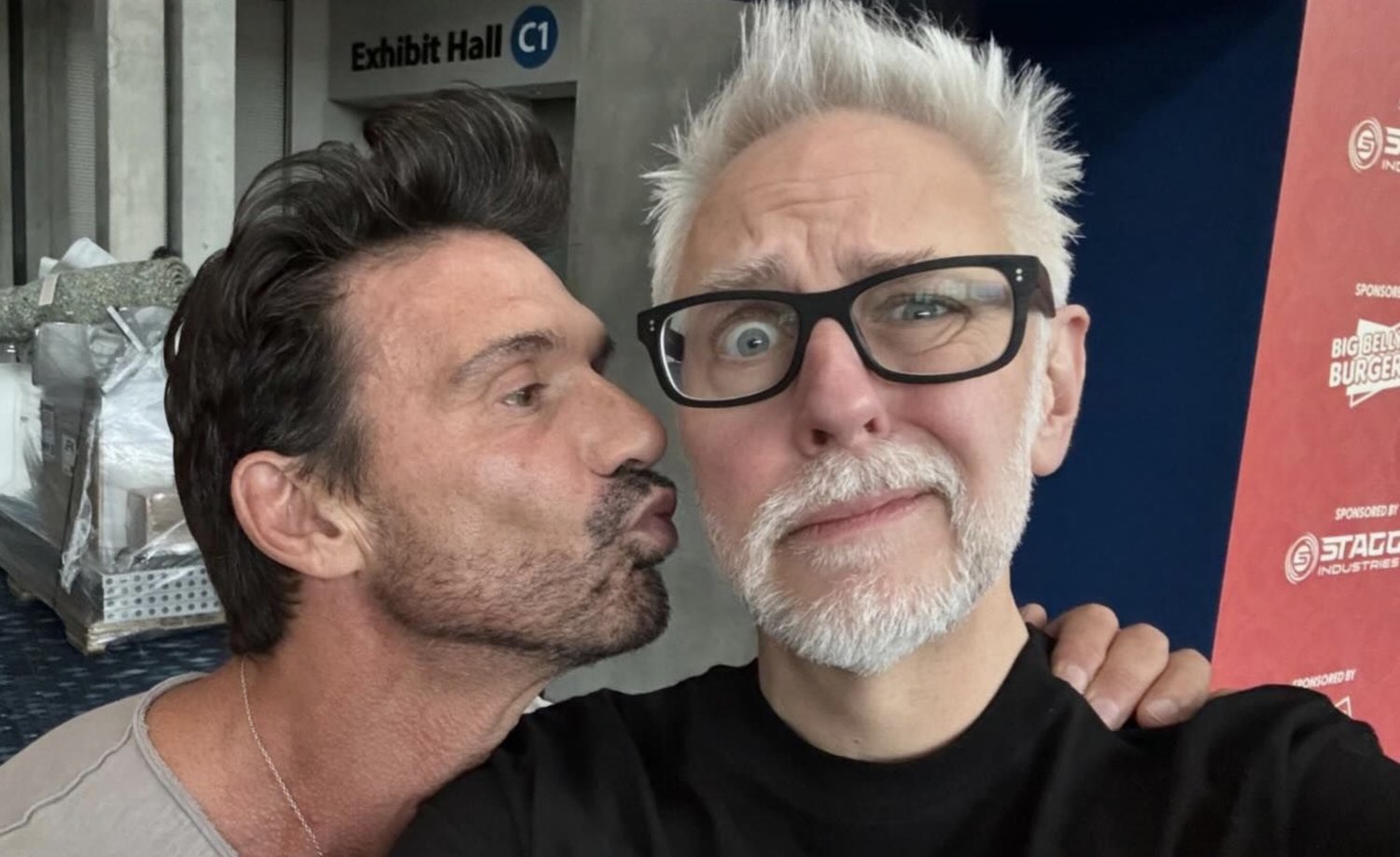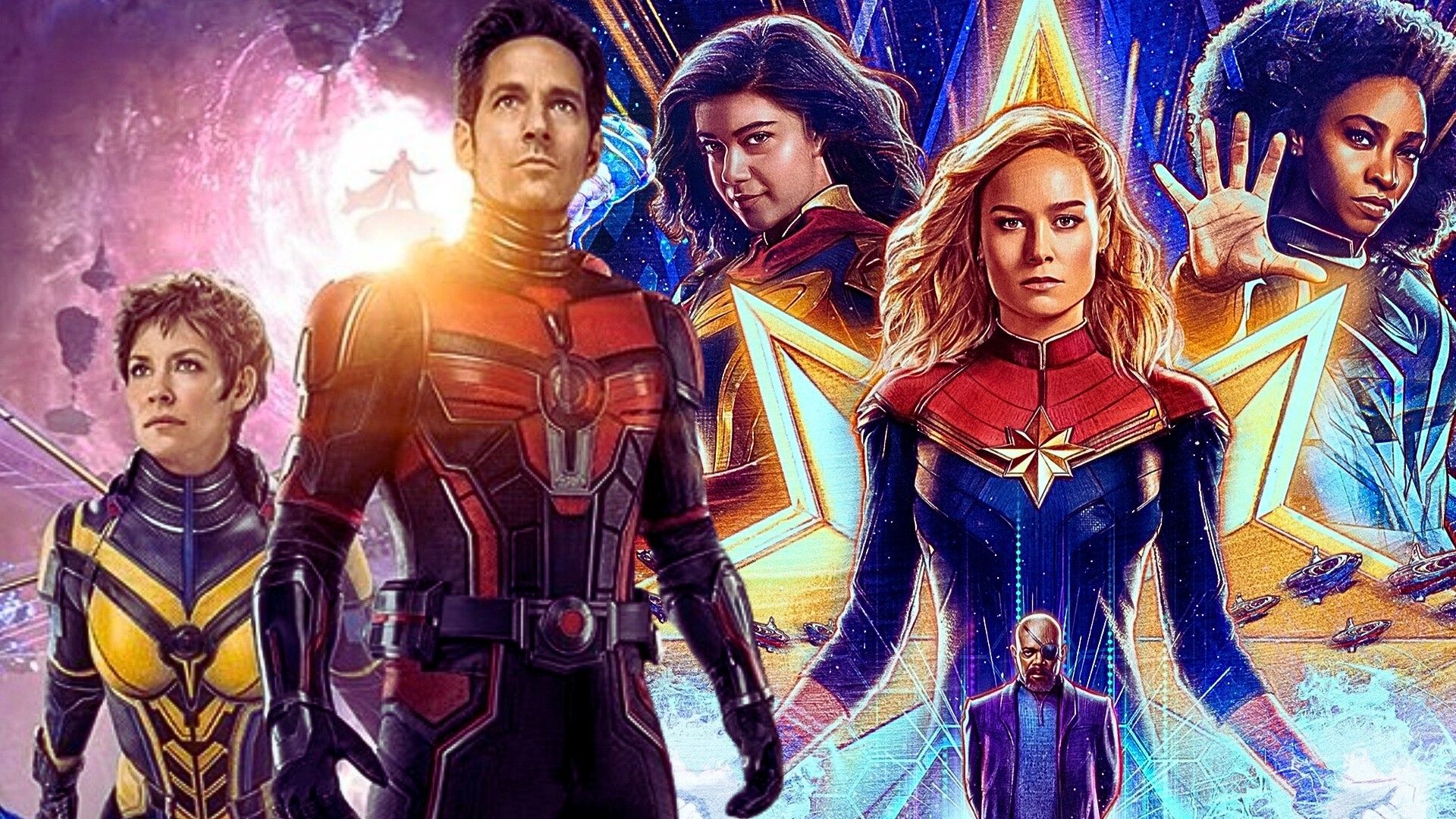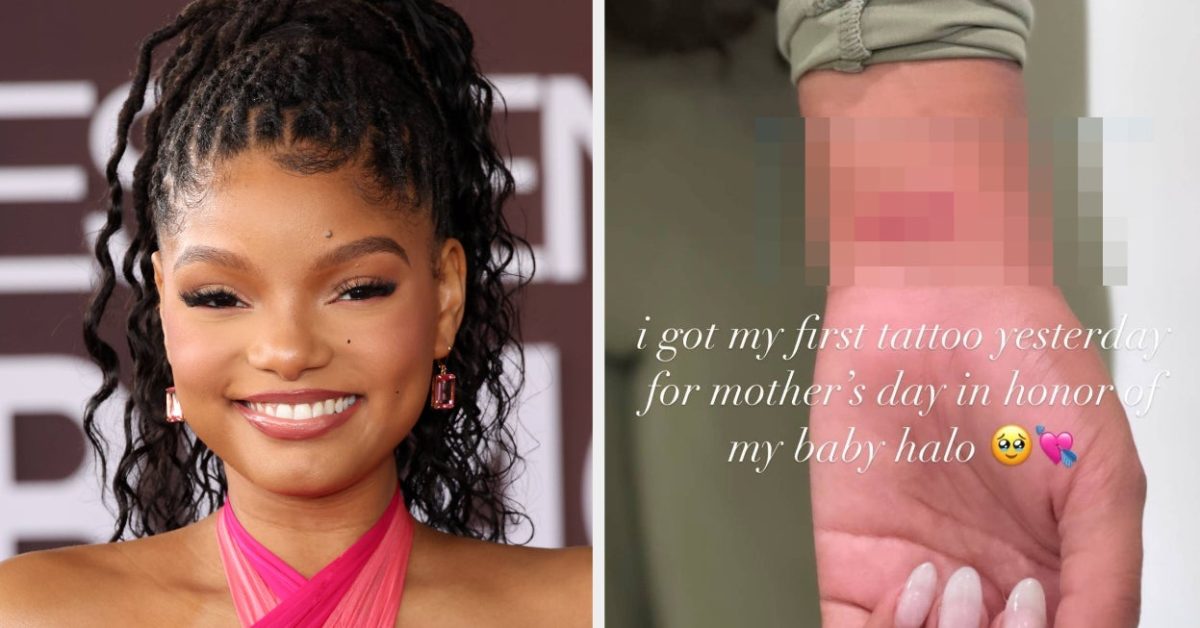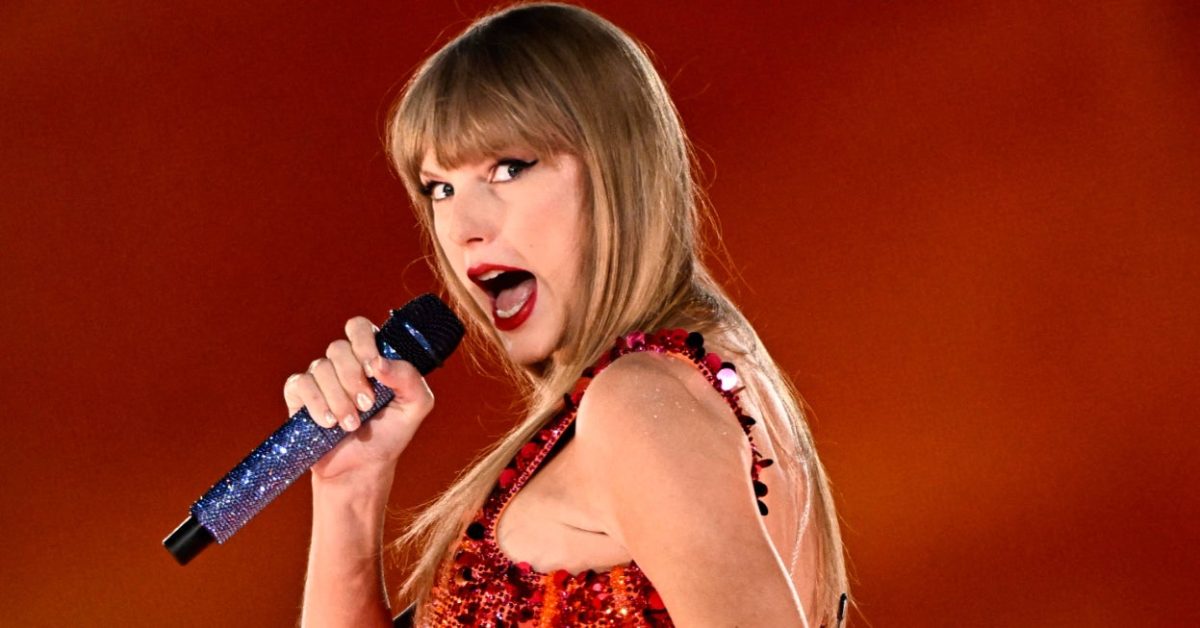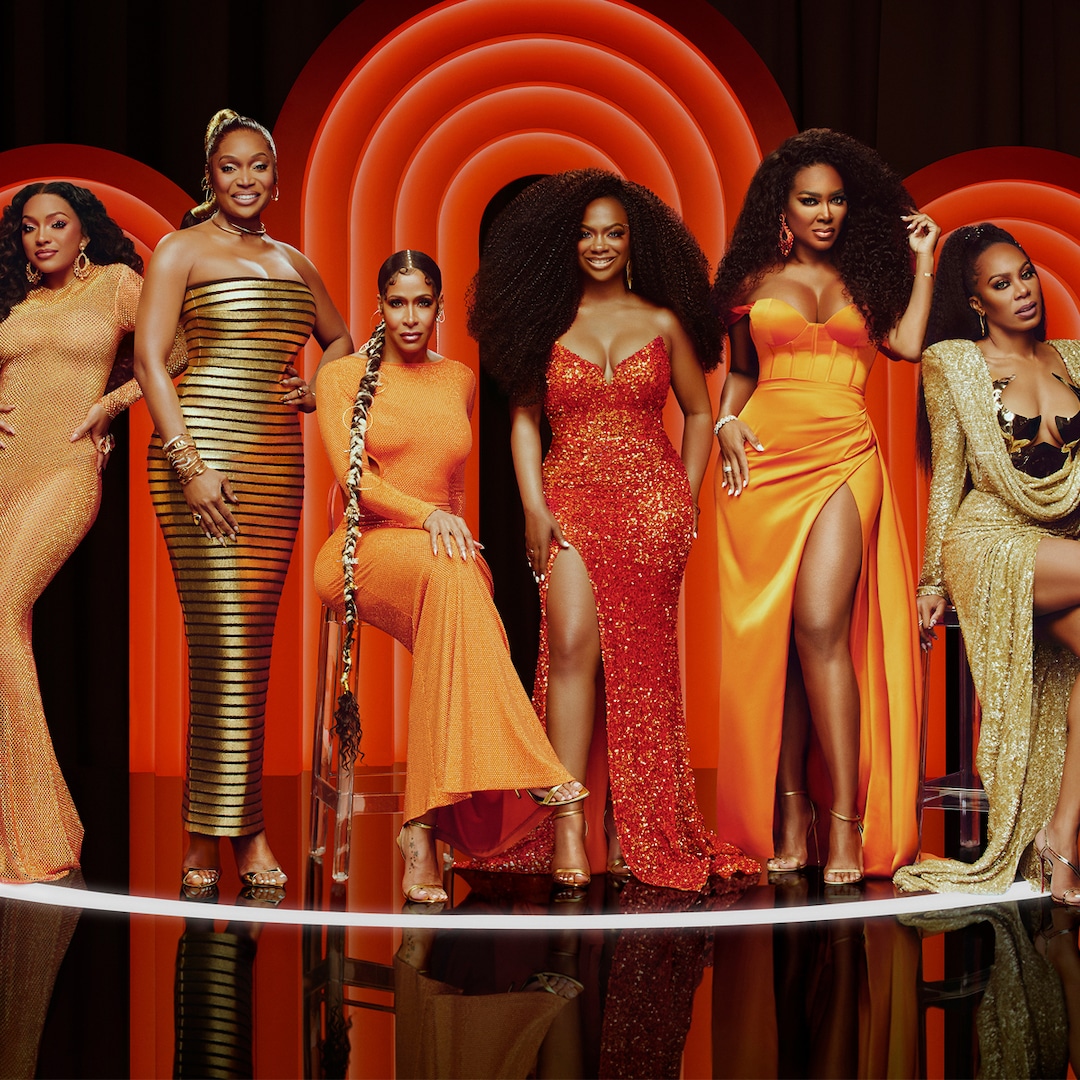
‘Yellowjackets’ Standout Sophie Nélisse’s New Film Confirms She’s a Movie Star
Sep 20, 2023
The Big Picture
Yellowjackets standout Sophie Nélisse shines in her new film, Irena’s Vow. The movie is based on the true story of Irene Gut, a Polish woman who risked her life to save Jewish refugees during the Holocaust. While at TIFF 2023, Nélisse, Dougray Scott, and director Louise Archambault shared behind-the-scenes memories from tackling such challenging material.
If you’ve seen Yellowjackets, you’re already well aware that Sophie Nélisse is a powerhouse performer. (One that deserved an Emmy nomination, in fact!) But if you’re looking for even more proof that she can command the screen and function as the beating heart of a hugely emotional film in a challenging role, then you’re going to want to see her latest feature film, Irena’s Vow.
The Louise Archambault-directed film is a screen adaptation of Dan Gordon’s stage play, which is based on the true story of a Polish woman who risked her life to save 12 Jewish workers during the Holocaust. Nélisse headlines the film as that hero, Irena Gut. When Irena is assigned to run the home of a Nazi commandant (Dougray Scott), she opts to use her new position as an opportunity to hide the Jewish refugees in a place the Nazis are least likely to look — right under their noses.
Just before Irena’s Vow had its world premiere screening at the 2023 Toronto International Film Festival, Archambault, Nélisse, and Scott visited the Collider media studio at the Cinema Center at MARBL to discuss their experience making the movie. Archambault weighed in on the increased relevancy of the story, Nélisse touched on her natural ability to tap into and out of challenging scenes, Scott and Archambault sang Nélisse’s praises as the lead of the film, and loads more.
Check out the video at the top of this article to hear about it all straight from Nélisse, Scott, and Archambault, or you can read the interview in transcript form below.
Image via Photagonist at the at Collider TIFF Media Studio
PERRI NEMIROFF: Louise, can you give us a brief synopsis of the film for people who don’t know about it just yet?
LOUISE ARCHAMBAULT: Irena’s Vow is about that woman, Irena Gut, who was a Polish-Catholic woman, was training to be a nurse actually, but at some point at the beginning of the war, she was forced labored. She started to work as a maid for Rugmer, Dougray’s character. At some point, she did risk her life to save the lives of some Jews and she hid them in Rugmer’s villa. So this is a true story. It’s a story about her courage, but mostly about – she was a giver so she wanted to help the others, whatever religion, whatever the culture, [no matter] who you are, where you’re from, just help one another. And it’s a film about love, for sure, and hope.
I wanted to ask you about something that Dan [Gordon] said because Dan brought the story to the stage and then adapted it for the screen. He mentioned the story is so much more relevant today than it was 10 years ago when he first wrote the play. It is based on a true story, but is there anything the two of you wanted to evolve or focus on more in the film version due to that increased relevancy?
ARCHAMBAULT: I think it’s all there. Irena’s story is relevant, but what we did experience, and actually, Dan Gordon did visit the shoot the first days of the shoot. We were shooting in Lublin that’s just next door to the Ukraine border, and at some point, day two of shooting, we were shooting a difficult scene with a scaffolder and so we had stunts to rehearse – we did shoot that scene, but we had to put signs all over the place for people walking by in Polish, in English, and in Ukrainian because at that point, so many Ukrainian refugees, they were and are in that town. They were exposed to a scene that’s quite violent that occurred more than 50 years ago, but it still happens today in various ways, and so reality meets fiction in that sense, in that way. And actually, Dan, after one take, he came out and he cried so much. And when he saw Sophie, he was like, “She looks so much like Irena,” because the last 10 years of Irena’s life, they were friends. At some point, that story still needs to be told.
Given how challenging this material is, Sophie, what is the key to being able to access a headspace and a scenario like that, but also protect yourself and know that you can pull out of it?
SOPHIE NÉLISSE: I don’t know. It’s just always come really natural to me. I’m able to tap out of it weirdly very easily.
Give me your secrets for my day-to-day life, please.
NÉLISSE: [Laughs] I actually have a harder time in my day-to-day life to get rid of anxiety. That’s more the issue, actually. But I don’t know, on set, I’m so playful all the time. I like to joke around. I like to keep it light. Obviously, it was very easy to tap into the heavy material because we were surrounded by all of this decor, by the sets, by the Holocaust symbols, the swastikas, and everything, and so we felt completely immersed and so it was very easy for me to tap into the gravity of it all and to just feel scared and terrified, sad, all these emotions. But, I don’t know, for some reason, as soon as she calls cut, I’m thinking about what I’m gonna eat for lunch, quite literally. Sometimes even during the scene. So it’s never really been a problem for me to keep it light.
Image via Photagonist at the at Collider TIFF Media Studio
Dougray and Louise, it’s time to make Sophie blush because I’m a big believer that she needs to lead more projects in the future. What is something about her as a scene partner and as a lead actor that you really appreciated and are looking forward to more actors and directors getting to experience when they work with her in the future?
NÉLISSE: This is very centered around me and I don’t like this at all. [Laughs]
DOUGRAY SCOTT: She says a lot how she’s not method and how she’s not really thinking about it, she just sort of does it somehow, that she can’t really connect, she feels that she can’t connect, but from the outside it doesn’t look like that. She looks very involved. She’s got a very instinctive way to approach acting, and as an actor working with her, I feel that she goes with it. She’s alive to what’s happening in the scene, and she reacts to what you’re doing and I react to her. She’s able to, I think, sort of play it a little bit like jazz, in that sense, which I really, really like.
She’s also great fun. Yes, she does talk gibberish when she’s finished a scene, but it makes me laugh. And then similarly, when we’re having dinner in the evening, it’s just because the subject matter is so heavy, you need someone who really kind of roasts you for about an hour and a half, which is what she did regularly, did to me. So you never get carried away with anything, not that I do, but she certainly brings you back down to earth, if you needed to be brought back down to earth.
ARCHAMBAULT: There are many things. Two main things, she’s very smart and sensitive. And actually, I got some propositions from other actors, well-known actors. I met them through Zoom because it was the pandemic. And I did suggest Sophie to the producers, and they’re like, “Oh yeah …” And then I met Sophie. Actually, she was shooting the first season of Yellowjackets. I knew Sophie from before, and we talked for, let’s say, an hour and a half, and never did Sophie talk about herself during that time, that moment. She talked about Irena, she talked about the war – well, you talked about your step-grandfather who was in a concentration camp at some point in Chile – but we talked about human relationships and, “How can we be generous and how can we have a better world?” We talked about that a lot.
And at the end of our conversation, it was so obvious she was the one. She was the one. She has that inside her. So to personify this character, Sophie has that inside her. She’s generous, she cares about others, and she’s curious. She’s curious about characters and the story, but she’s curious with her partners as well, her working partners. Dougray and Sophie had that, they were interested in one another. So when you’re acting and you’re listening, really listening to your partner in front of you, they’re better actors. They’re just more generous and they let go of their ego to be there in the scene. They become the characters, they become the story, you know? So, they did that. Both of them are like that.
Image via TIFF
This movie does cover a considerable amount of their experience, but you only have two hours to work with, so what is something that isn’t seen on screen or said aloud that you knew was important to making your characters feel whole and now we can feel that informing your performance in the film?
SCOTT: He was an engineer, and he was a pragmatist, and he wanted everything to run incredibly smoothly, and I think that you could draw a parallel between his position as a manager of a munitions factory and what was happening during the Holocaust, and the smoothness with which he wanted his factory to run and the genocide that was happening concurrently and that was happening so abhorrently. It was just so horrendous what was happening, and yet they all wanted us to be almost machine-like, like a factory.
And I think that he wanted to find some sort of comfort within his relationship with Irena when he met her because she represented innocence and some sort of light among the darkness. Not that he ever suddenly materialized into being a good person and a good man, but he allowed things to happen that caused lives to be saved, as it were, when he discovered that she was hiding Jews within his cellar of his house. So I think that the inspiration that he found within Irena’s character had an effect on life, on the universe, on the light because I think good will prevail over evil ultimately, and she was an inspiration for that. She was a catalyst for that. She was the kernel, if you like, of that whole movement of good that happened within this horrendous set of circumstances that occurred, this genocide, these mass murders that occurred. So I think the surprising thing for me about him was his desire, his yearning to lead a simple life within this horror, this chamber of horrors.
NÉLISSE: It’s a good question. I think we never get to talk about her family much in this story, which she lost right before the war, and I think they’re a huge driving force for her. I know that my family, if I can compare, is what grounds me and is what keeps me going and are the people who I have unlimited trust and love. We rarely see her alone, but I think in those moments of solitude she has them with her, and they’re the ones carrying her somewhat through this and in the hopes of finding them again and being there for her. I think also, coming again from a pretty big family, she had numerous sisters. I think it does give you this sense of community and altruism, and this sense of being there for one another and selflessness, and I think that’s what you see in her. When she meets the group of people that are working for Rugmer, she sees them as her peers, as her family immediately, as people that she would do anything to save.
Image via Photagonist at the at Collider TIFF Media Studio
You two are at the center of this movie, but you also have a phenomenal supporting ensemble around you. To highlight some of them, can you give me an example of a time when a scene partner was just the person you needed to tackle a really challenging moment in the film, someone who maybe helped you access something in your own character that you wouldn’t have been able to without them?
SCOTT: They were all amazing actors and I think that Maciej [Nawrocki], he was incredible.
NÉLISSE: Maciej, who played Rokita.
SCOTT: He played a pretty dark character, and he commits one of the most horrendous acts I think I’ve ever seen in any film. There was a sort of comfortability within him about what his character was doing, and I think that made it quite horrendous and horrifying to work with. But he was trying to normalize what was going on, and I think that for me, working with him, he had a great sense of ease about what his character was doing. That was pretty good to work with.
He’s something else in that role. Too good.
NÉLISSE: Andrzej [Seweryn], he had such a calming presence on set. He was so settled down and at peace with everything, and just talked so slow, and for some reason, you just hung and clung onto his every single word because he was so captivating. Playing with him was just watching a show unravel slowly in front of you. You could just get lost in his monologues. He really felt like a father figure.
ARCHAMBAULT: His gaze, the way he looked. You felt inside him.
NÉLISSE: Yeah, easily I just felt so emotional whenever he would just look at me, and he was sort of this grandfather figure for me.
Image via TIFF
When you make a movie, you can plan, plan, plan, but things don’t always go according to that plan, so can you give me an example of a time when something wasn’t working, you had to pivot, and you wound up finding unexpected magic that was even better than what you had originally planned?
NÉLISSE: There was this one time before we started shooting, I come up to Louise and we’re testing some wigs out, and I come on set for the screen testing and she looks at me and she goes, “Oh, I think I prefer the left side,” and I was like, “No, it wasn’t a proposition. It’s just really unequal hair.” I don’t know what happened with that hairstyle. It just didn’t make any sense.
ARCHAMBAULT: We had a very short pre-production for this film, and it’s a period piece and it’s based on a true story. Many things like that happened.
NÉLISSE: Difficulties getting the hair – I had highlights from my own hair, and then we had to fit a wig within a day, and then the wig wasn’t right and then we just had to shoot it. We were just like, “Well, we’ll figure it out.”
ARCHAMBAULT: But we made it happen.
NÉLISSE: I can’t say we made it magical. I can’t say we turned something magical out of it, but it’s the kind of thing that’s in the movie and you’re just hoping people will skip to the next part.
I didn’t notice!
NÉLISSE: There you go. We’re good, we’re fine!
Louise, anything come to mind for you?
ARCHAMBAULT: Well, many things like that. It’s been a while, I have to think. It’s a good thing, you know? Our memory, it’s well done. You keep the best with you.
NÉLISSE: I mean, all the extras that did not speak a single word of English, and so having to coordinate a scene, like a fight scene, a big alleyway street with like 100 extras, and none of them spoke the language. And then we were so particular on what we wanted, and which group we wanted where.
ARCHAMBAULT: That wasn’t a challenge. For me, it didn’t matter. That’s making a film. It’s okay.
NÉLISSE: But there are a lot of little challenges like that.
ARCHAMBAULT: Yes. Every day, every day. Do you have one, Dougray?
SCOTT: I don’t really remember anything that happened like that, but I remember that the way that everything was set up is that you felt that you were kind of naked, metaphorically speaking, in terms of the story that we were telling. It was really interesting working on that set because there was a sense of reality about it because we were filming in a lot of the places where these things happened anyway. I think at one point, it felt quite overwhelming to me the fact that we were filming in a location whereby Nazis had occupied during the Second World War. I just felt really lonely playing that character, really lonely. I felt that he was so detached from everything – his family, what was happening in the war. He had this fantasy relationship with Irena and yet his heart was so disconnected from everything, and I think that that was his survival mechanism. So that’s my memory of filming this. I just felt really lonely.
Special thanks to MARBL Restaurant for hosting Collider as well as additional sponsors Sommsation, a top wine experience brand and online shop, and Molson Coors’ Blue Moon Belgian White as the beer of choice at the Cinema Center. Additionally, Moët Hennessy featuring Belvedere Vodka featured cocktails and Tres Generaciones Tequila.
Publisher: Source link
Halle Bailey Gets Halo Tattoo For Mother’s Day
Halle Bailey Gets Halo Tattoo For Mother's Day Halle Bailey is celebrating her first Mother's Day in a pretty significant way. On Sunday, she revealed she'd gotten a tattoo for her son, Halo, whom she shares with her rapper boyfriend,…
May 16, 2024
Soothe Sore Muscles With These Workout Aftercare Tools
The products featured in this article are from brands that are available in the NBCUniversal Checkout Marketplace. If you purchase something through our links, we get a commission. Although I hate to admit it, consistent exercise really does make me…
May 16, 2024
The Internet Can't Handle Taylor Swift's Alien Abduction Optical Illusion
It's giving Signs.View Entire Post › Disclaimer: This story is auto-aggregated by a computer program and has not been created or edited by filmibee.Publisher: Source link
May 15, 2024
Meet Real Housewives of Atlanta’s Newly Revamped Season 16 Cast
Attention, Bravoholics: Get ready to meet your newly revamped group of Georgia peaches. The Real Housewives of Atlanta's season 16 costars have finally been revealed amid a recent cast shakeup. Returning to the reality show after a two-season hiatus is Porsha Williams, who will…
May 15, 2024
